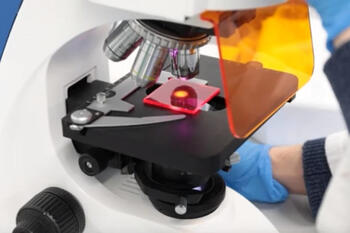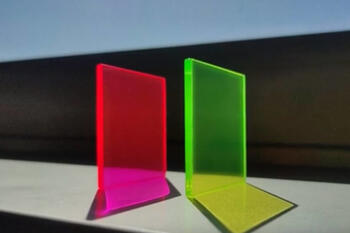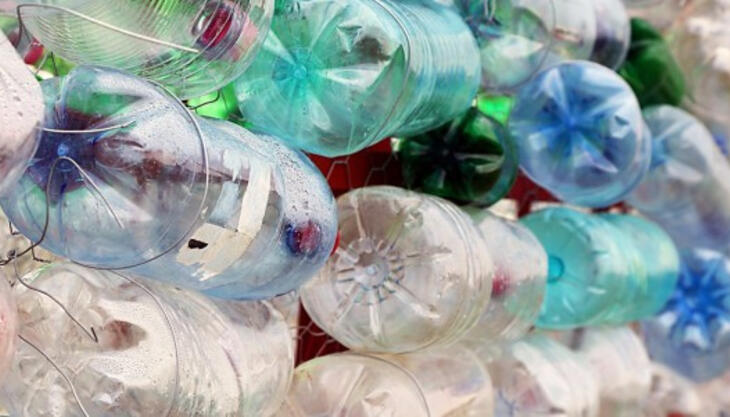Solar Panels Made from Recycled Plastic

Solar panels made not from silicon or glass, but from recycled plastic: this is the concept behind the new project developed by the University of Pisa (Italy), which has designed and tested an innovative technology to generate electricity from sunlight in a more sustainable manner. These are luminescent solar concentrators: transparent, coloured sheets made of PMMA derived from regenerated plastic waste, capable of capturing sunlight and directing it towards small photovoltaic cells positioned along the edges.
This technology, designed to be integrated into glazing, canopies, greenhouses, and transparent façades, combines high performance with a reduced environmental impact. “We have demonstrated that it is possible to produce efficient solar concentrators for photovoltaic panels using regenerated plastic instead of fossil-based raw materials,” explained Professor Andrea Pucci, the research coordinator. “Our aim is to bring solar energy into urban environments in a colourful and sustainable way.”

The study systematically compared, for the first time, the performance of panels made from virgin acrylic plastic with those produced using chemically recycled acrylic. The results demonstrated that, with equivalent optical and electrical performance, panels made from recycled plastic can achieve a reduction in CO2 emissions of up to 75%. Laboratory tests, as well as real-world trials (on rooftops and façades exposed to sunlight), confirmed the reliability of the materials and their long-term durability. A first application of this technology is already visible in the photovoltaic canopy installed in Livorno in 2023. This installation, part of a project led by the University of Pisa and funded by the Tuscany Region, however, employed panels made from synthesised (non-recycled) acrylic sheets.
The study was published in the journal RSC Applied Polymers and was selected by the Royal Society of Chemistry for a special collection dedicated to the United Nations Sustainable Development Goals. The research was carried out within the framework of Luce, a PRIN project funded by the European Union – Next Generation EU, Mission 4, Component 1, CUP I53D23004190006. At the University of Pisa, alongside Professor Pucci, the Luce project team includes Dr Marco Carlotti and early-career researchers Alberto Picchi and Hanna Pryshchepa, in collaboration with CNR-ICCOM in Florence and the University of Naples Federico II.



















